Living Our Values
Monday, January 08, 2024
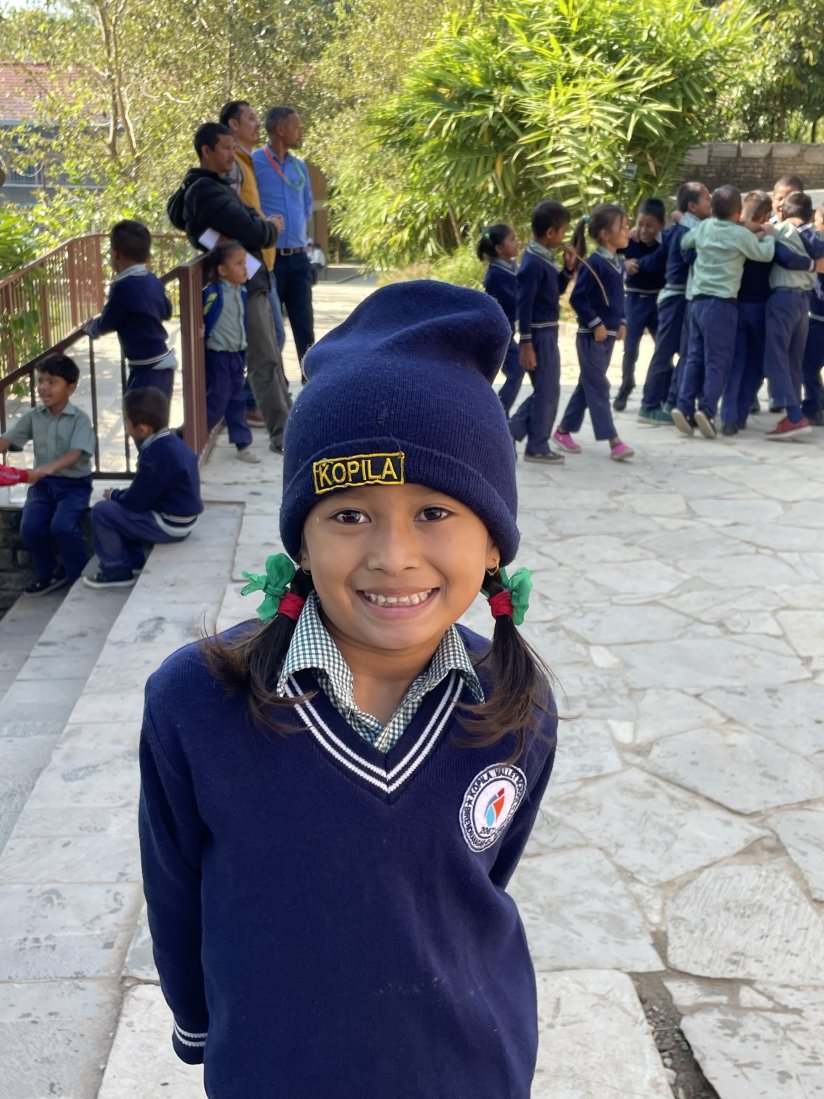
As we start a new year, it's a great time to review our WHY. You probably know BlinkNow's mission is to change the world by empowering Nepal's children. We also adhere to 3 key values, which we asked volunteer MacKenna Strange about after she experienced Kopila Valley. Thank you MacKenna for this report!
I first met Maggie in 2014 at a youth leadership summit. She was the inspirational speaker, sharing her story about starting BlinkNow to tell us, all high school students, that being young was not a barrier to change the lives of others. I went home and told everyone I knew about Maggie and her impact through BlinkNow and have been following along on her journey since.
Recently, I finally had the opportunity to come to Kopila Valley for a couple weeks to teach a college admissions workshop and collect content for the organization's social channels. After following so closely, I knew there was a possibility that BlinkNow looked different on the ground than what its online presence suggests. Much to the contrary, I was amazed with what I saw happening during my time at Kopila Valley and again felt inspired to share my experience.
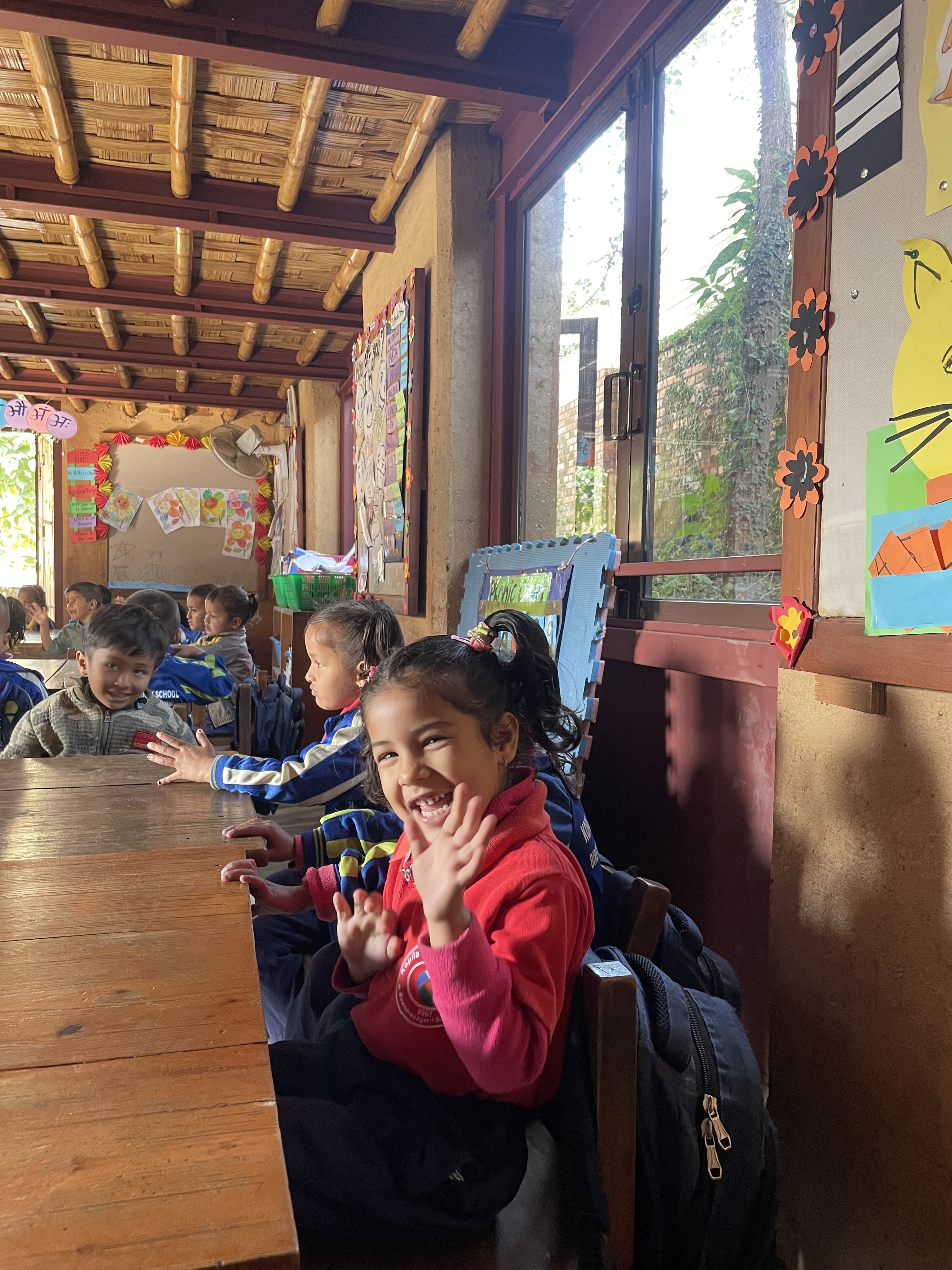
Three Core Values
The three pillars of the BlinkNow organization—gender equality, economic empowerment, and sustainability—are put into practice every day through local programs. These pillars ensure that BlinkNow’s mission is deeply embedded into the community, and eventually will be self-sustaining.
Gender Equality
The Women’s Center offers opportunities and trains the most at-risk local women in trades like tailoring and sewing, weaving, and cosmetology. Women go on to get jobs through Kopila Valley—like weaving at the Women’s Cooperative where they make shawls, bags, and other items (great for gifts!), tailoring and sewing school uniforms at the school, or opening their own small businesses. Over 400 people have been trained at the center, and 20 small businesses have been started by program graduates so far.
Kopila Valley School is providing schooling for girls, who have had few opportunities for education in the past, and ensures that over 50% of the student body is female. The school’s Girls’ Club is building leadership skills for girls, who are then hosting seminars and forums to discuss gender equality issues with their peers and community.
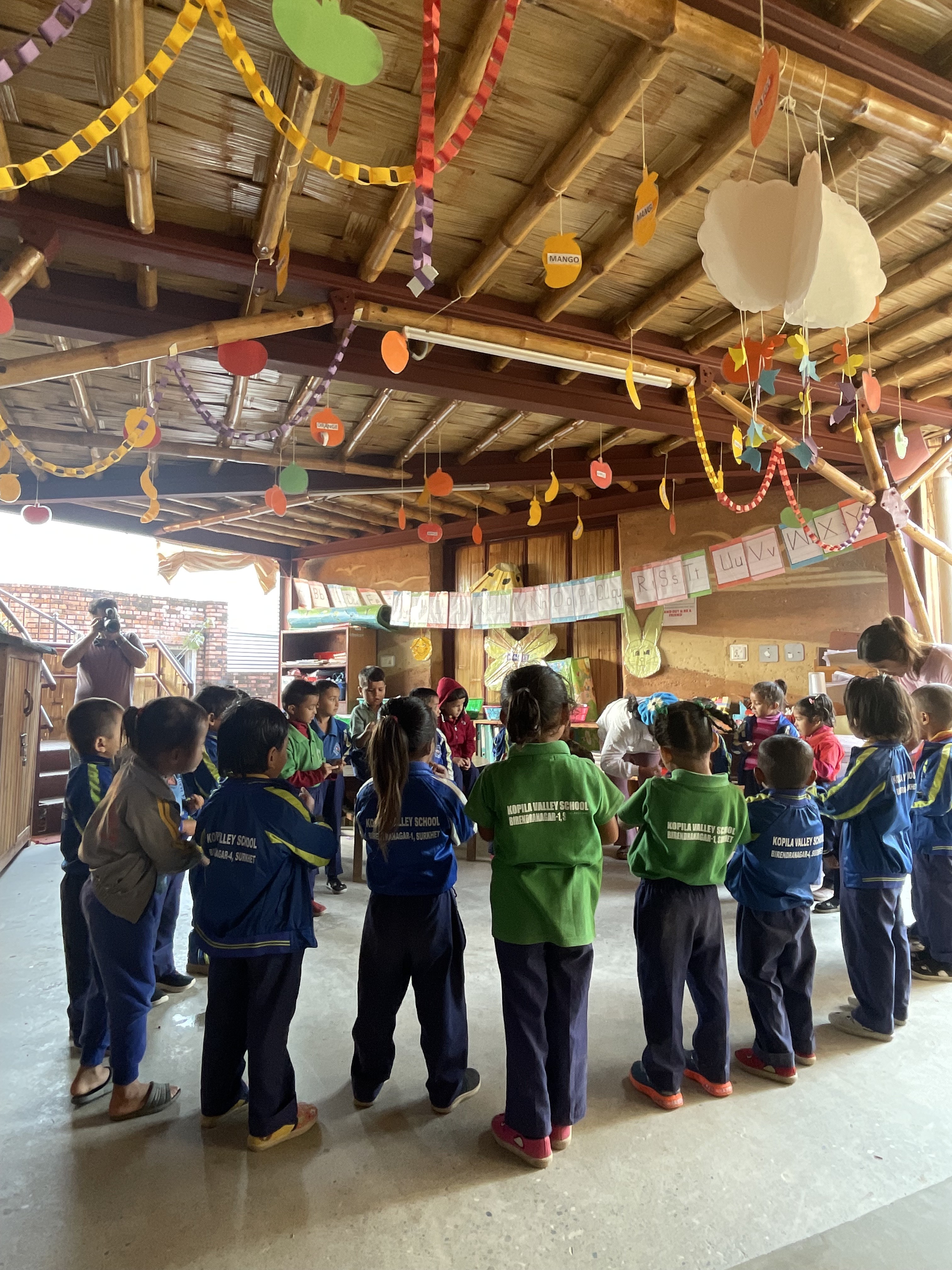
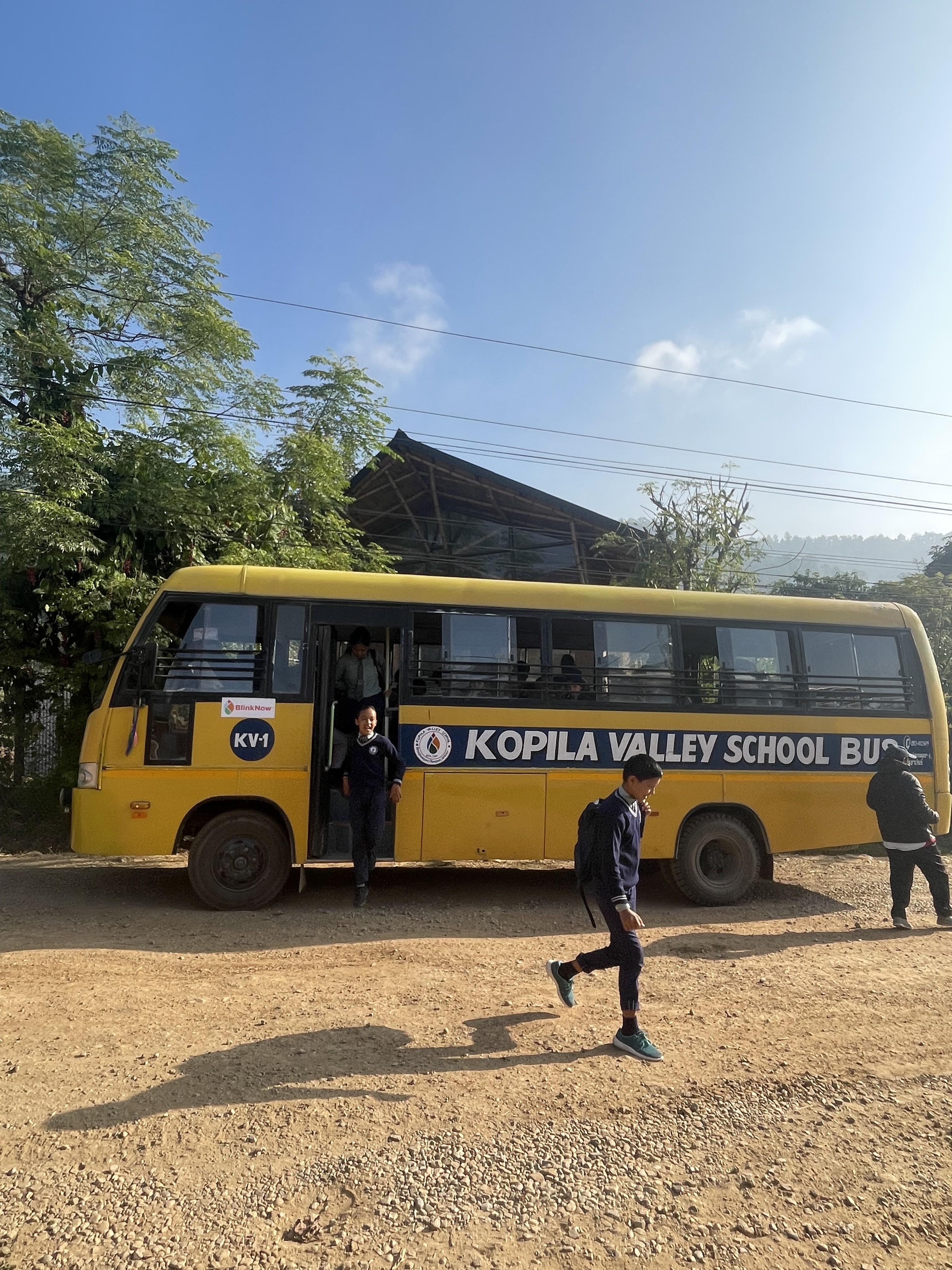
Economic Empowerment
The Futures Program at Kopila Valley starts counseling with students in eighth grade, helping them research and apply to higher education programs, college, and trade school, as well as applying to scholarships. Futures also serves as a launchpad to get students living on their own after school. Supporting kids through this transitional period to ensure they find their footing, economically and emotionally, will help break the cycle of poverty in one just generation of healthy young adults. The school has programs to assist with university scholarships and/or entrepreneurship, for those graduates who wish to start a business.
In addition, the Women’s Center is providing career connections, business startup loans, and ongoing support groups for trainees and program graduates.
Kopila partners with the local PGS Farmers’ Group (Participatory Guarantee System), Sana Kishan, to provide resources and support for organic farming practices. These strong women are growing food to sell to Kopila Valley programs as well as the local community, increasing food options and health for all of us.

Sustainability
Lastly, Kopila Valley is an innovator in sustainability. When it comes to climate change, Nepal is one of the most vulnerable nations. On Kopila Valley’s green school campus, the greenest in Nepal, local farmers tend organic gardens and a small dairy farm. Meals at the Children’s Home and school are supplied with vegetables, milk and cheese, and eggs grown on the school’s farm or from the local PGS group.
The school’s campus is full of sustainable measures everywhere I look. Edible trees throughout the campus grow grapefruits and passion fruits that the kids excitedly pick when ripe. The school’s solar heating system, water recycling technology, and composting process serve to sustainably run the school while educating students on the environment through experiential learning, including outdoor classes and a gardening curriculum. Students and staff implement recycling programs and encourage the surrounding community to do the same. Single-use plastic is not allowed on school grounds.
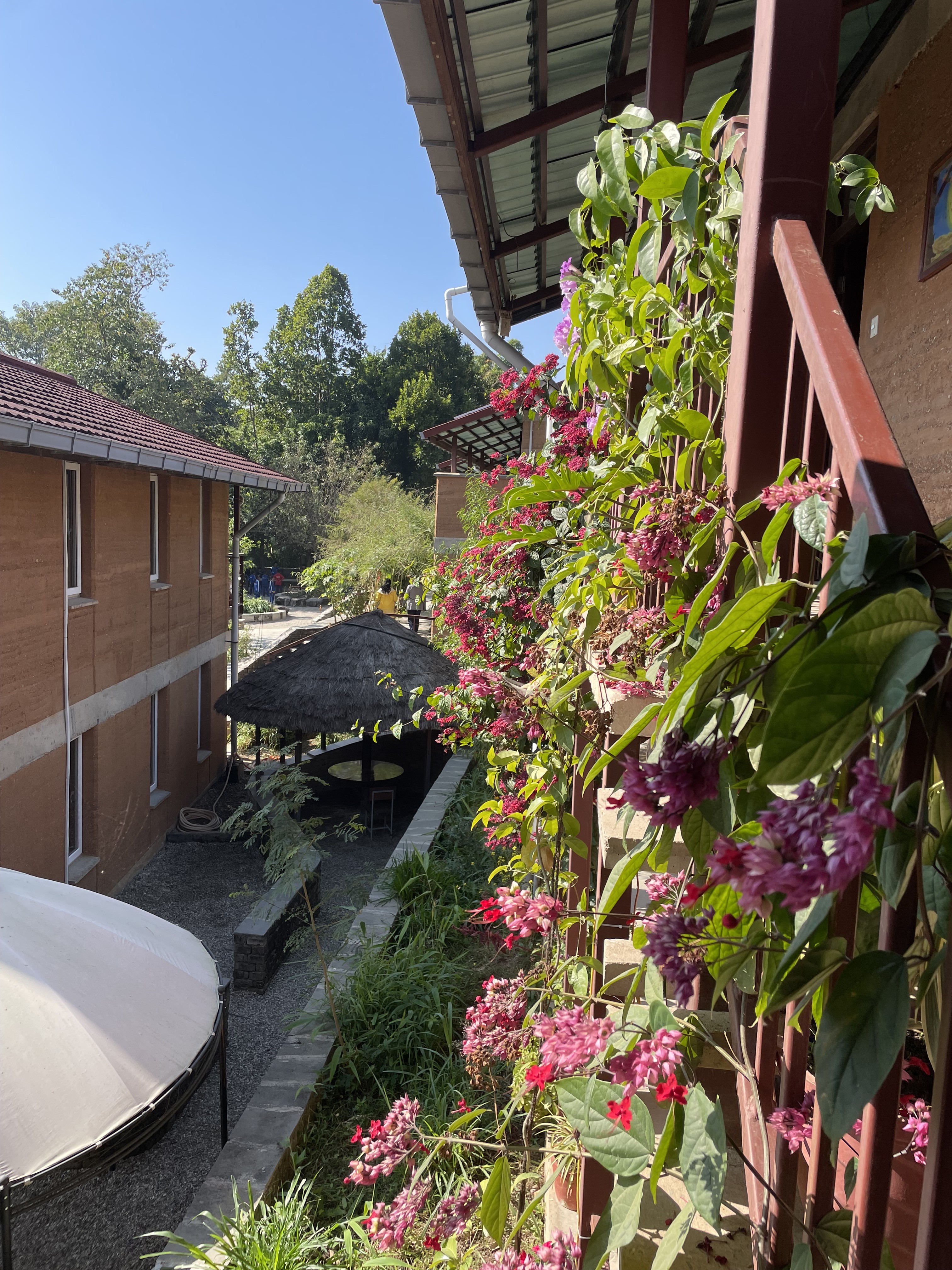
Community Building
BlinkNow has built a template for successful, community-integrated development, starting with the most vulnerable members of a community. But after only 18 years, the time in which one child turns into an adult, the impact is already seen across the city, from the accountant who graduated from Kopila Valley School to the hair salon owner who trained at the Women’s Center. I know this is just the beginning of their impact.
I hope you’ll join me in supporting BlinkNow this year. I look forward to a world where all kids have opportunities like those at Kopila Valley.

